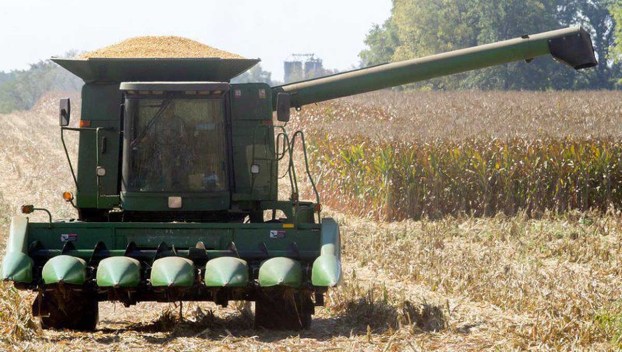
Cnhi Network
‘Genetic editing’ seen as key for increased wheat yields, despite fewer acres
Rick Siemer has seen the recent data showing the fewest number of planted wheat acres in our nation’s ... Read more

Rick Siemer has seen the recent data showing the fewest number of planted wheat acres in our nation’s ... Read more